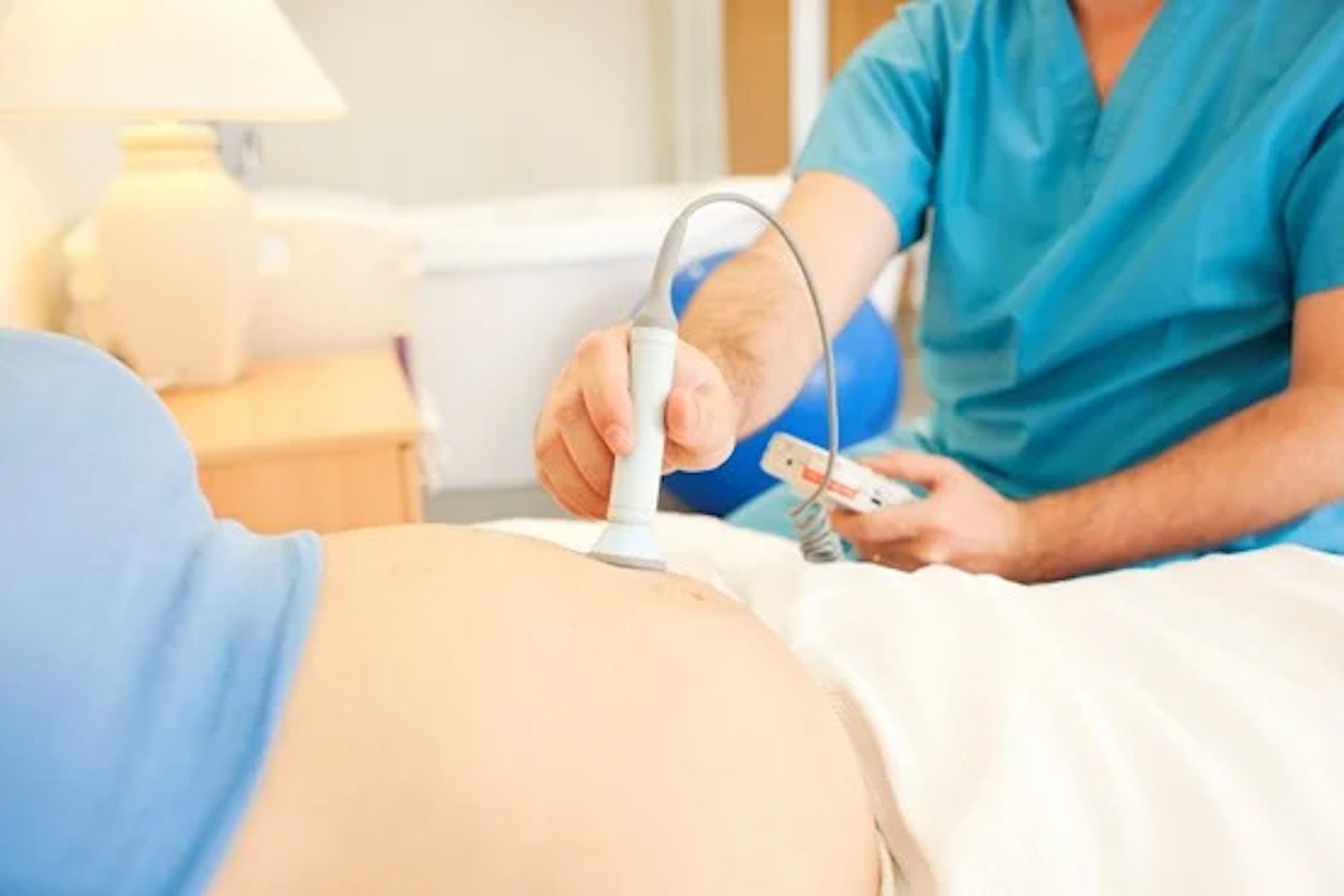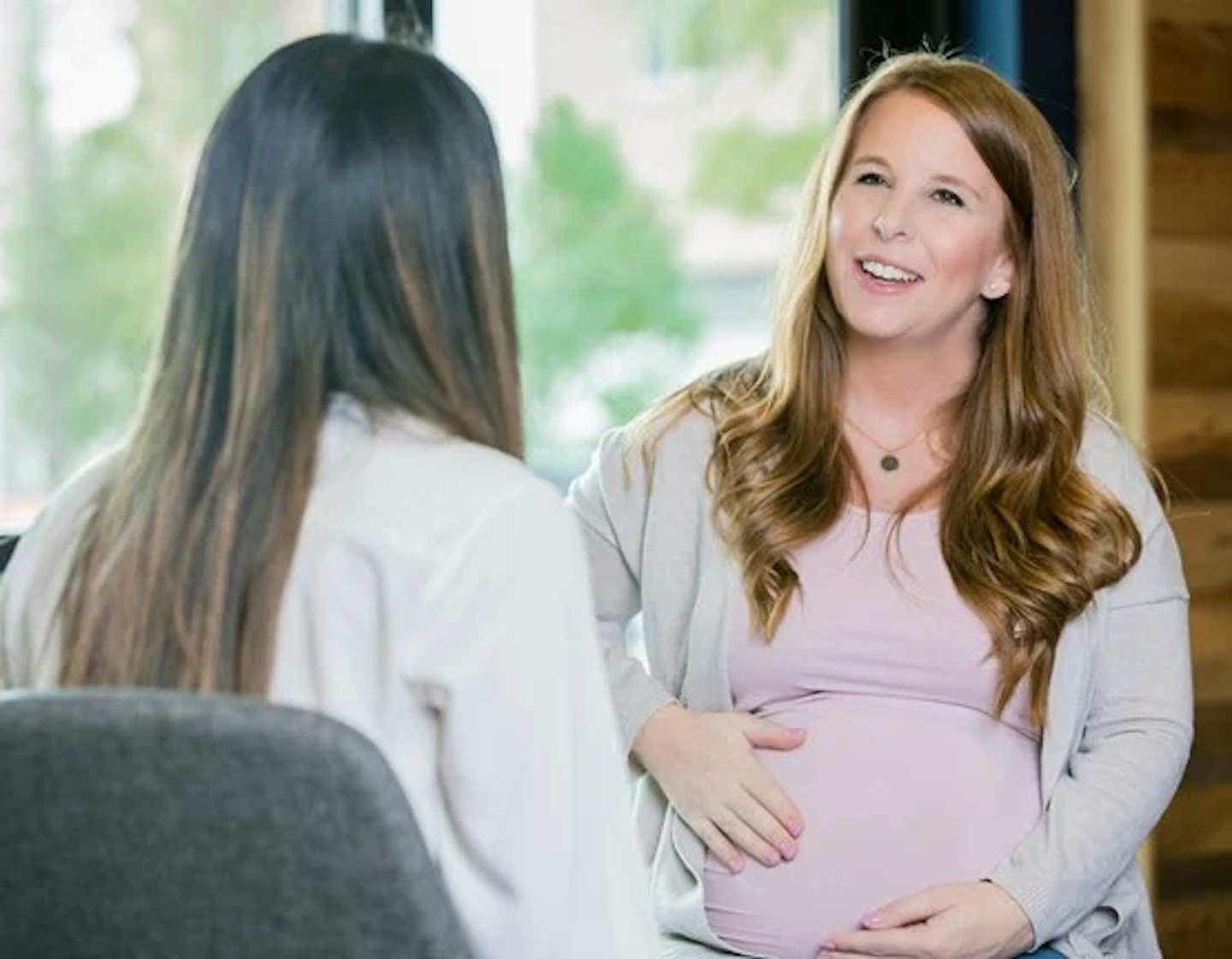There appears to be some confusion about the available choices for maternity care and a worrying number of women who still aren’t aware they have a choice at all.
If you’re pregnant you may already have a midwife who is employed by the NHS, usually working with other midwives in a team around the area in which you live, perhaps linked to your GP surgery. You may attend antenatal appointments lasting 15-20 minute with one of these midwives at a clinic, where you can have your blood pressure and urine checked, be given information about screening tests, immunisation, scans and blood tests.
You are unlikely to see the same midwife each time you attend, and you are unlikely to have met the midwife caring for you in labour. After you return home with your baby you will receive a home visit from a midwife, then be seen again on Day 3 (sometimes at home), Day 5 (rarely at home) and if all is well, discharged to the Health Visiting Team on or around Day 10.
Care provision will vary both geographically and demographically, so make sure you contact your local NHS Trust to find out which services are provided near you.
What are independent/private midwives?

Independent Midwives (IM’s) and Private Midwives provide midwifery care which you pay for. The cost of these services will vary but are certainly not prohibitive, often it’s a question of priorities and perhaps foregoing that holiday or compromising on that top-of-the-range pram you’ve had your eye on!
These midwives have chosen to work outside the NHS and are able to provide individualised, continuity of care to their clients because their caseloads are much smaller.
Continuity of care has been shown to reduce the incidence of unnecessary interventions as well as increase the likelihood of a ‘natural’ or physiological birth. Having the same midwife throughout pregnancy, birth and the early days and weeks of parenting positively affects a woman’s birth experience (WHO, 2018) and underpins the recent [‘Better Births’ government initiative]{href='https://www.england.nhs.uk/wp-content/uploads/2016/02/national-maternity-review-report.pdf' }, with its aim to improve birth experience and safe outcomes.
NHS initiatives for 'better births'

Earlier this year we saw the sad demise of Neighbourhood Midwives and One to One Midwives, two companies contracted by the NHS to provide free care and improved continuity to women across the country. However, the model of care and payment structure for these was unsustainable and unfortunately, this innovative scheme failed.
The NHS is now striving to meet the requirements of the Better Births Initiative by implementing small teams of midwives to give better continuity of care to women and their families. Your local NHS Trust may have a home-birth team, a Caesarean Section team and specialist teams for diabetics or those with a raised Body Mass Index (BMI) for example. This is most certainly a step in the right direction and smaller teams will increase the chance that women will see the same midwife at least some of the time, but with the vast numbers of women the NHS provides care for, it is impossible to guarantee this.

Independent Midwives (IM’s) are self-employed midwives who have appropriate insurance in place via an approved scheme for the work they carry out, such as those provided by the RCN and PRISM. Some IM’s had been able to provide care under a scheme, My Midwife and Me, which was set up by the previous CEO of One to One Midwives. However, My Midwife and Me have sadly ceased taking new bookings recently, since their insurance has not been renewed.
Litigation in maternity care has always been, and always will be, a major cost implication to the NHS and other care providers. This is due to the time frame involved for a claim (25 years) and the lifelong nature of any financial provision resulting from a successful lawsuit. The issue of insurance may not previously have been a consideration for you if your care was provided by your local NHS Trust but, when choosing your care provider, it is vital that you feel confident and reassured that should a claim be necessary, you and your family are adequately protected. Many IM’s are part of the Private Midwives scheme, PRISM, which enables them to continue advertising and providing services independently but under the umbrella of the company’s indemnity protection. Reassuringly, Private Midwives’ PRISM provides a comparable level of insurance protection as the NHS.

Private Midwives also employs its own midwives directly across the UK and Ireland. As with IM’s they provide continuity of care for clients in their homes, offer birth support at home or in hospital, provide a full range of pregnancy care and education and can provide postnatal care for up to six weeks. They are registered with the Care Quality Commission (CQC) who are the regulator for all healthcare providers in the UK providing a safety and quality assurance mechanism. As an organisation, Private Midwives works closely with the NHS, collaborating on professional development and training, ensuring referral processes are communicated and seamless care transition if needed.
You may choose to have some of your care with an IM or a Private Midwife, whilst continuing care with your team of NHS Midwives, having ultrasound scans and blood tests with your local NHS hospital. You may choose to have all of your care with an IM or Private Midwife, whilst still accessing your NHS hospital or choose to have private scans and blood tests. Choice facilitates individualised care and puts the control of your pregnancy and birth journey in your hands.
You can also choose to have an IM or Private Midwife at any point, from the first pregnancy test or from nearer your due date. They both offer individualised care with a dedicated midwife so if knowing your midwife is important (and why wouldn’t it be?) do some research.
Talk to friends and family, search online for recommendations, reviews and testimonies. Use social media to find out your options and do what is right for you and your family, whatever that may be.
Useful links:
Meet the Expert: Melanie Ambrose worked as an NHS Midwife for 18 years, and then joined the company Private Midwives in 2018. The Private Midwives is a multi-award winning, CQC registered, leading provider of maternity care across the UK and Ireland.
Now read:
What it's *really* like to be a midwife at The Portland Hospital
